We are in the middle of Lent. How is it going? Phenomenally great? Meh? Either way, we continue to move forward, and today’s Gospel is a big help. Jesus tells us what we need to do to be called the greatest in the kingdom. Follow the commandments and teach them to others. You see, there is no point in knowing the way to heaven and what the Good News is if we don’t share it with others. It is not necessary to have a degree in theology or speak with great eloquence. What is necessary is to be you, to be authentic; to live your life the way God intends. And how is that? I think most of us are called to live and serve in a community. Your family is your community. Your workplace, your parish, and your neighborhood are also communities where we live and serve with others.
It’s a good idea to know the Commandments Jesus is referring to, those God gave to Moses. You can find them in Exodus 20:2-17 and in the Catechism of the Catholic Church, Part 3, Section 2.
The Commandments are like guardrails; they keep us on the safe part of the road. I once drove every day to and from work on a road flanked by canals. I was grateful for those guardrails because they kept me from the canal, where we would occasionally see alligators! In life, there are many distractions and even dangers outside the guardrails of the Commandments. That is why we have them, not to confine us but to keep us safe.
Jesus reminds us today to keep safe and to pass on what we know to others. I think that is a great way to spend time during Lent!
Estamos en plena Cuaresma. ¿Cómo va? ¿fenomenalmente genial? ¿Más o menos? De cualquier manera, seguimos avanzando, y el Evangelio de hoy es una gran ayuda. Jesús nos dice lo que debemos hacer para ser llamados los más grandes en el reino. Seguir los mandamientos y enseñarles a los demás. Verás, de nada sirve saber el camino al cielo y cuál es la Buena Nueva si no la compartimos con los demás. No es necesario ser licenciado en teología ni hablar con gran elocuencia. Lo necesario es ser tú, ser auténtico; para vivir tu vida de la manera que Dios quiere. ¿Y cómo es eso? Creo que la mayoría de nosotros estamos llamados a vivir y servir en comunidad. Tu familia es tu comunidad. Su lugar de trabajo, su parroquia y su vecindario también son comunidades donde vivimos y servimos con otros.
Es bueno conocer los Mandamientos a los que se refiere Jesús, los que Dios le dio a Moisés. Puedes encontrarlos en Éxodo 20,2-17 y en el Catecismo de la Iglesia Católica, Parte 3, Sección 2.
Los Mandamientos son como barandillas; nos mantienen en la parte segura del camino. Una vez conducía todos los días al trabajo en una carretera flanqueada por canales. ¡Estaba agradecida por esas barandillas porque me mantenían alejado del canal, donde ocasionalmente veíamos caimanes! En la vida, hay muchas distracciones e incluso peligros fuera de las barandillas de los Mandamientos. Por eso los tenemos, no para confinarnos sino para mantenernos a salvo.
Jesús nos recuerda hoy que nos mantengamos seguros y transmitamos lo que sabemos a los demás. ¡Creo que es una excelente manera de pasar el tiempo durante la Cuaresma!
 Deanna G. Bartalini, M.Ed.; M.P.A., is a certified spiritual director, writer, speaker and content creator. The LiveNotLukewarm.com online community is a place to inform, engage and inspire your Catholic faith. Her weekly Not Lukewarm Podcast gives you tips and tools to live out your faith in your daily life.
Deanna G. Bartalini, M.Ed.; M.P.A., is a certified spiritual director, writer, speaker and content creator. The LiveNotLukewarm.com online community is a place to inform, engage and inspire your Catholic faith. Her weekly Not Lukewarm Podcast gives you tips and tools to live out your faith in your daily life.
Feature Image Credit: Hogarth de la Plante, https://unsplash.com/photos/7-pLwj1ZF58

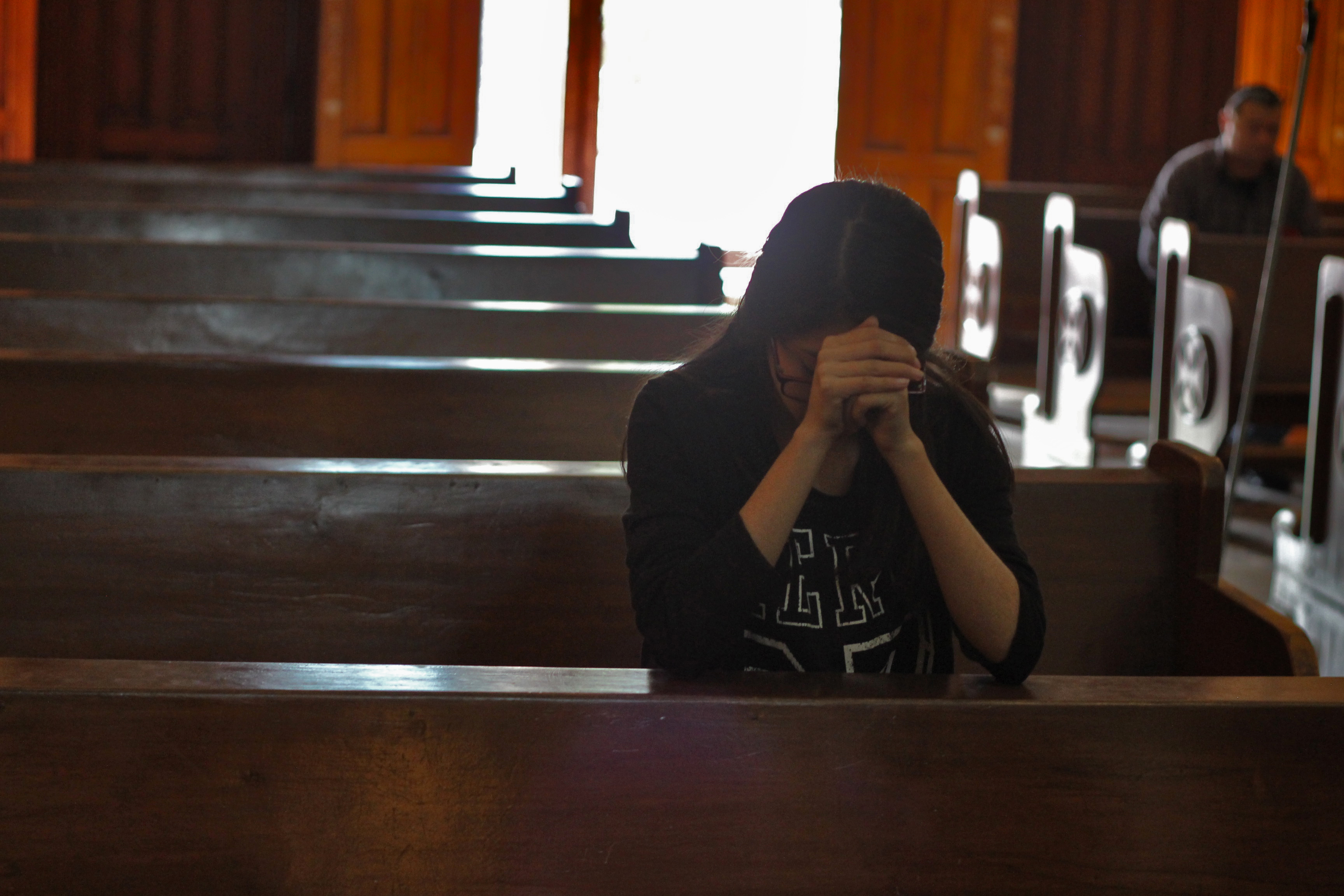
 Emily Jaminet is a Catholic author, speaker, radio personality, wife, and mother of seven children. She earned a bachelor’s degree in mental health and human services from the Franciscan University of Steubenville. She is the co-founder of
Emily Jaminet is a Catholic author, speaker, radio personality, wife, and mother of seven children. She earned a bachelor’s degree in mental health and human services from the Franciscan University of Steubenville. She is the co-founder of 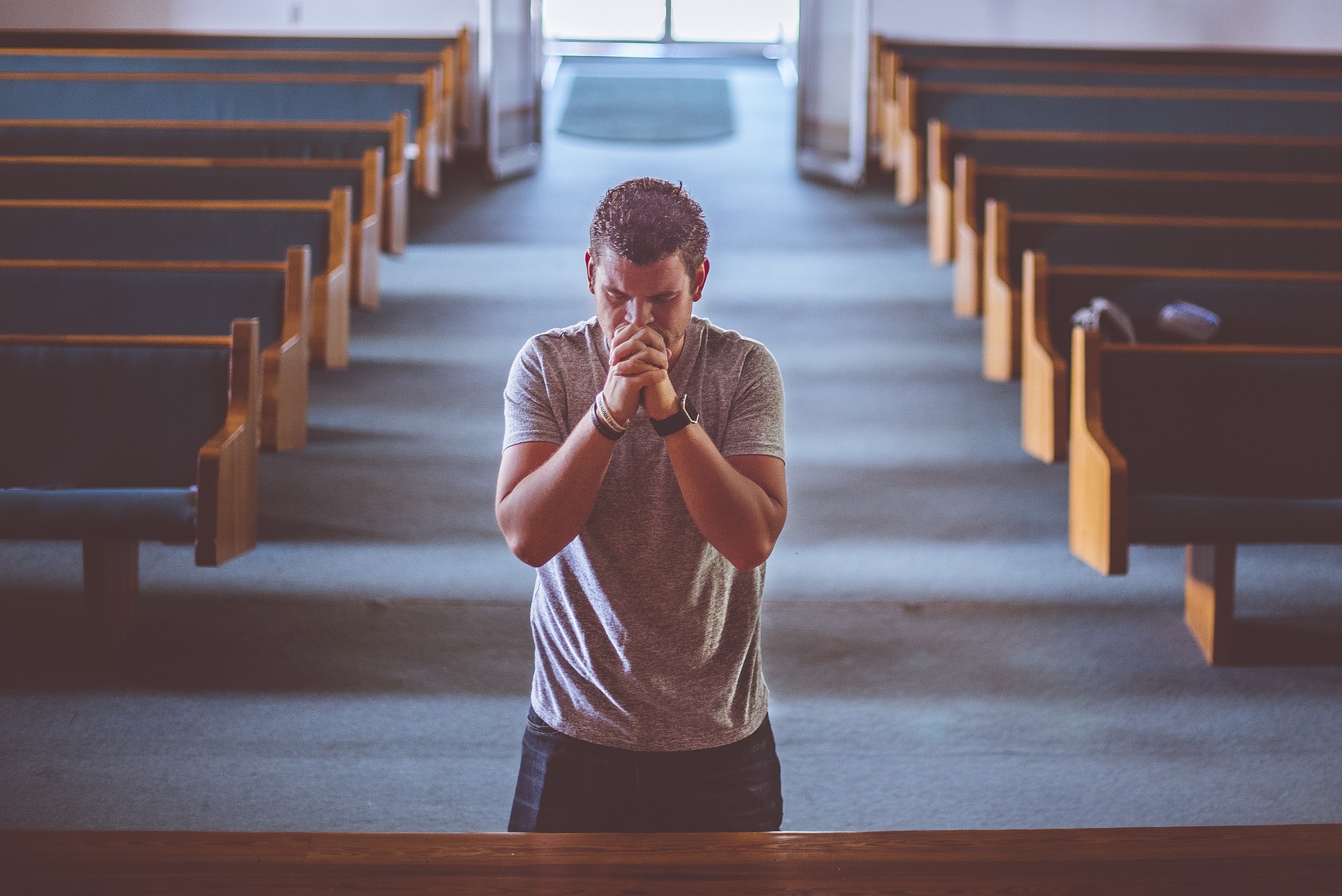
 J.M. Pallas has had a lifelong love of Scriptures. When she is not busy with her vocation as a wife and mother to her “1 Samuel 1” son, or her vocation as a public health educator, you may find her at her parish women’s bible study, affectionately known as “The Bible Chicks.”
J.M. Pallas has had a lifelong love of Scriptures. When she is not busy with her vocation as a wife and mother to her “1 Samuel 1” son, or her vocation as a public health educator, you may find her at her parish women’s bible study, affectionately known as “The Bible Chicks.”
 Dr. Alexis Dallara-Marsh is a board-certified neurologist who practices in Bergen County, NJ. She is a wife to her best friend, Akeem, and a mother of two little ones on Earth and two others in heaven above.
Dr. Alexis Dallara-Marsh is a board-certified neurologist who practices in Bergen County, NJ. She is a wife to her best friend, Akeem, and a mother of two little ones on Earth and two others in heaven above.
 Kate Taliaferro is an Air Force wife and mother. She is blessed to be able to homeschool, bake bread and fold endless piles of laundry. When not planning a school day, writing a blog post or cooking pasta, Kate can be found curled up with a book or working with some kind of fiber craft. Kate blogs at
Kate Taliaferro is an Air Force wife and mother. She is blessed to be able to homeschool, bake bread and fold endless piles of laundry. When not planning a school day, writing a blog post or cooking pasta, Kate can be found curled up with a book or working with some kind of fiber craft. Kate blogs at 
 Tami Urcia grew up in Western Michigan, a middle child in a large Catholic family. She spent early young adulthood as a missionary in Mexico, studying theology and philosophy, then worked and traveled extensively before finishing her Bachelor’s Degree in Western Kentucky. She loves tackling projects, finding fun ways to keep her little ones occupied, quiet conversation with the hubby and finding unique ways to love. She works at for Christian Healthcare Centers, is a guest blogger on
Tami Urcia grew up in Western Michigan, a middle child in a large Catholic family. She spent early young adulthood as a missionary in Mexico, studying theology and philosophy, then worked and traveled extensively before finishing her Bachelor’s Degree in Western Kentucky. She loves tackling projects, finding fun ways to keep her little ones occupied, quiet conversation with the hubby and finding unique ways to love. She works at for Christian Healthcare Centers, is a guest blogger on 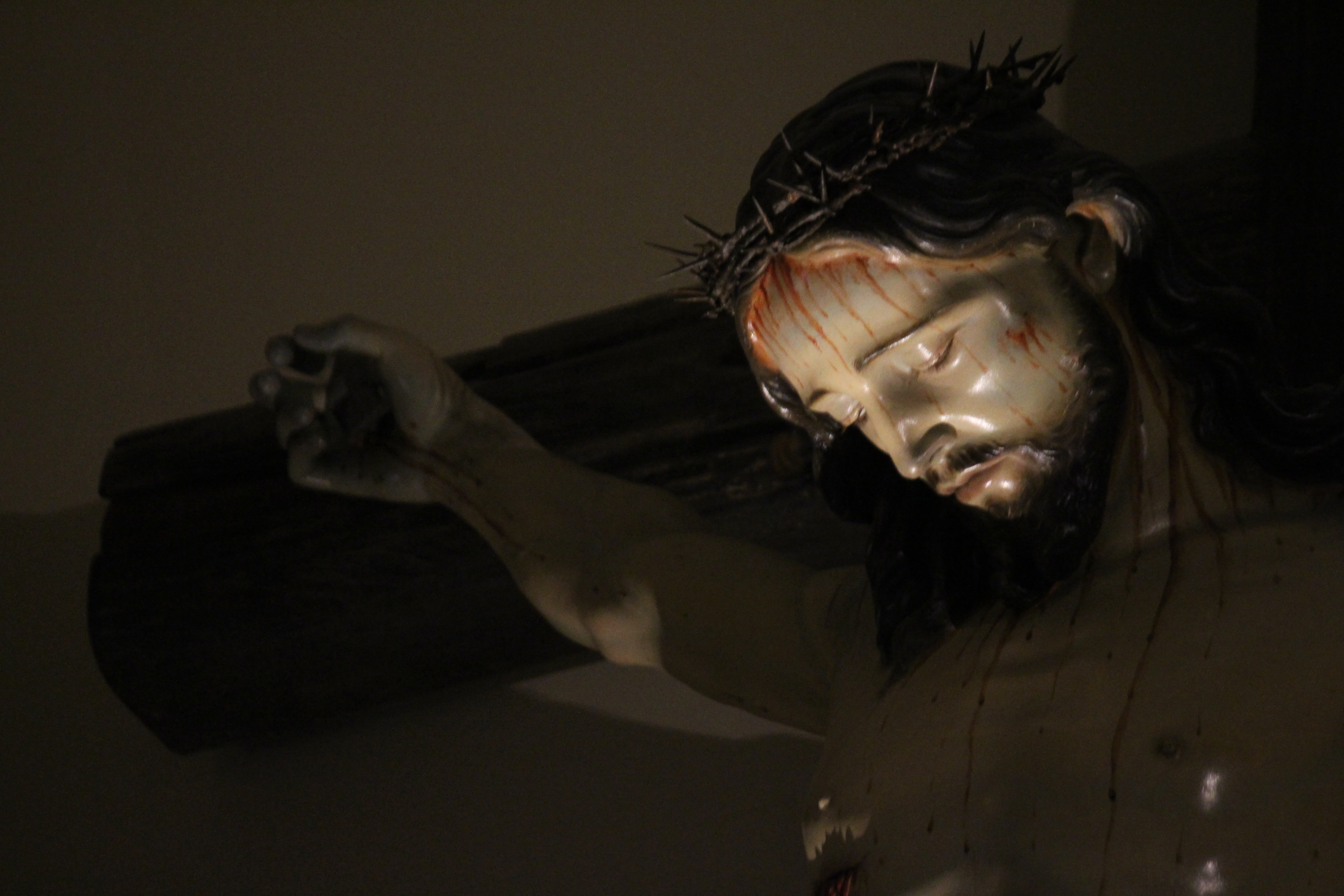
 Susan Ciancio has a BA in psychology and a BA in sociology from the University of Notre Dame, with an MA in liberal studies from Indiana University. For the past 19 years, she has worked as a professional editor and writer, editing both fiction and nonfiction books, magazine articles, blogs, educational lessons, professional materials and website content. Thirteen of those years have been in the pro-life sector. Currently Susan freelances and writes weekly for HLI, edits for American Life League, and is the executive editor of Celebrate Life Magazine. She also serves as executive editor for the Culture of Life Studies Program—an educational nonprofit program for K-12 students. You can reach her at
Susan Ciancio has a BA in psychology and a BA in sociology from the University of Notre Dame, with an MA in liberal studies from Indiana University. For the past 19 years, she has worked as a professional editor and writer, editing both fiction and nonfiction books, magazine articles, blogs, educational lessons, professional materials and website content. Thirteen of those years have been in the pro-life sector. Currently Susan freelances and writes weekly for HLI, edits for American Life League, and is the executive editor of Celebrate Life Magazine. She also serves as executive editor for the Culture of Life Studies Program—an educational nonprofit program for K-12 students. You can reach her at 

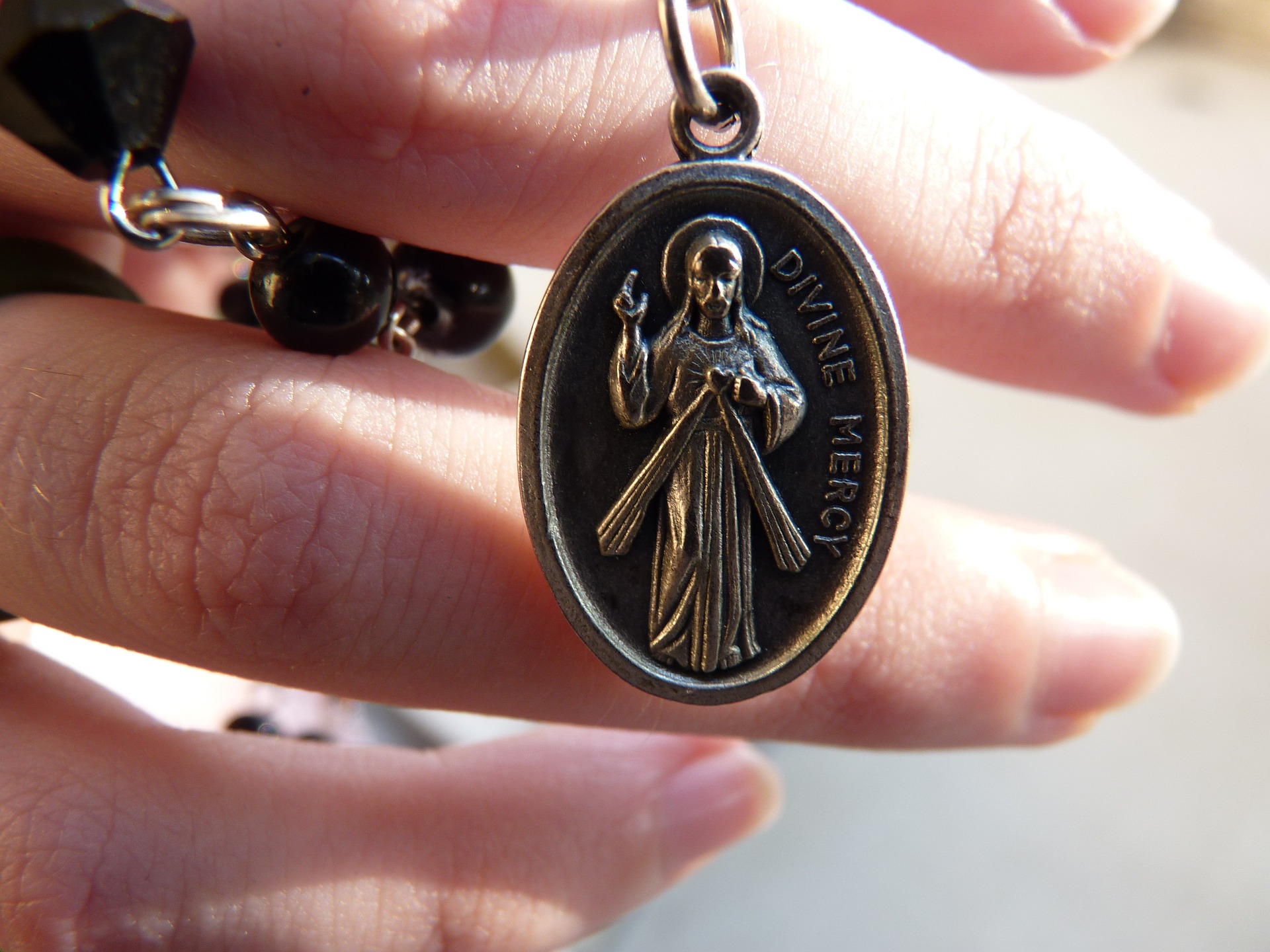
 Elizabeth Tomlin is the author of Joyful Momentum: Building and Sustaining Vibrant Women’s Groups and contributing author to the Ave Prayer Book for Catholic Mothers. She is General Counsel for the Archdiocese for the Military Services, USA. Elizabeth is an Army wife and mother of three and currently lives in the DC area. She blogs at
Elizabeth Tomlin is the author of Joyful Momentum: Building and Sustaining Vibrant Women’s Groups and contributing author to the Ave Prayer Book for Catholic Mothers. She is General Counsel for the Archdiocese for the Military Services, USA. Elizabeth is an Army wife and mother of three and currently lives in the DC area. She blogs at 


 Merridith Frediani loves words and is delighted by good sentences. She also loves Lake Michigan, dahlias, the first sip of hot coffee in the morning, millennials, and playing Sheepshead with her husband and three kids. She writes for Catholic Mom, Diocesan.com, and her local Catholic Herald. Her first book Draw Close to Jesus: A Woman’s Guide to Adoration is available at Our Sunday Visitor and Amazon. You can learn more at
Merridith Frediani loves words and is delighted by good sentences. She also loves Lake Michigan, dahlias, the first sip of hot coffee in the morning, millennials, and playing Sheepshead with her husband and three kids. She writes for Catholic Mom, Diocesan.com, and her local Catholic Herald. Her first book Draw Close to Jesus: A Woman’s Guide to Adoration is available at Our Sunday Visitor and Amazon. You can learn more at 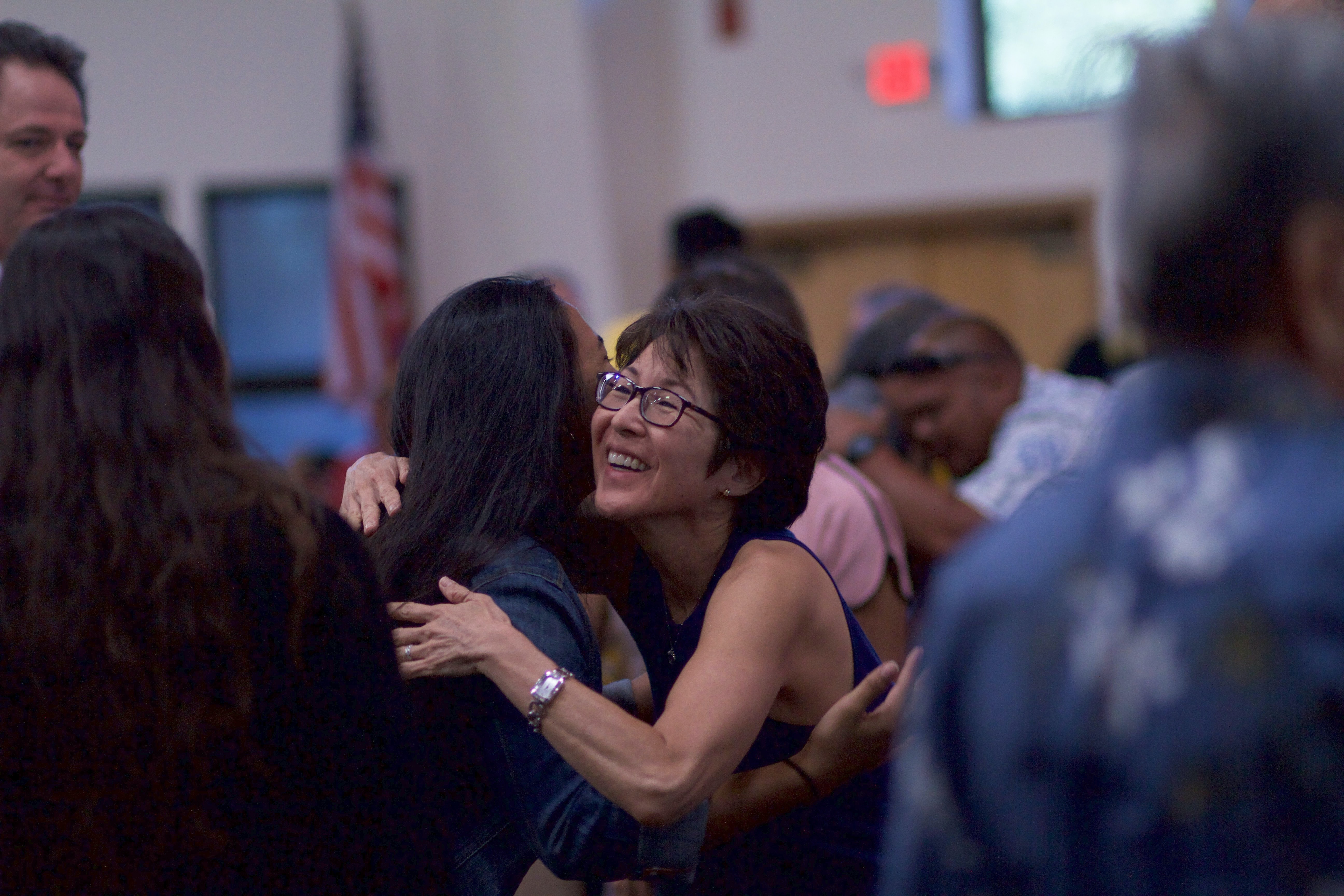
 Sheryl is happy to be the number 1 cheerleader and supporter for her husband, Tom who is a candidate for the Permanent Diaconate in the Diocese of Kalamazoo. They are so grateful for the opportunity to grow together in this process. Sheryl’s day job is serving her community as the principal for St. Therese Catholic School in Wayland, Michigan. Since every time she thinks she gets life all figured out, she realizes just how far she has to go, St. Rita of Cascia is her go-to Saint for intercession and help. Home includes Carlyn, a very, very goofy Golden Retriever and Lucy, our not-so-little rescue puppy.
Sheryl is happy to be the number 1 cheerleader and supporter for her husband, Tom who is a candidate for the Permanent Diaconate in the Diocese of Kalamazoo. They are so grateful for the opportunity to grow together in this process. Sheryl’s day job is serving her community as the principal for St. Therese Catholic School in Wayland, Michigan. Since every time she thinks she gets life all figured out, she realizes just how far she has to go, St. Rita of Cascia is her go-to Saint for intercession and help. Home includes Carlyn, a very, very goofy Golden Retriever and Lucy, our not-so-little rescue puppy.